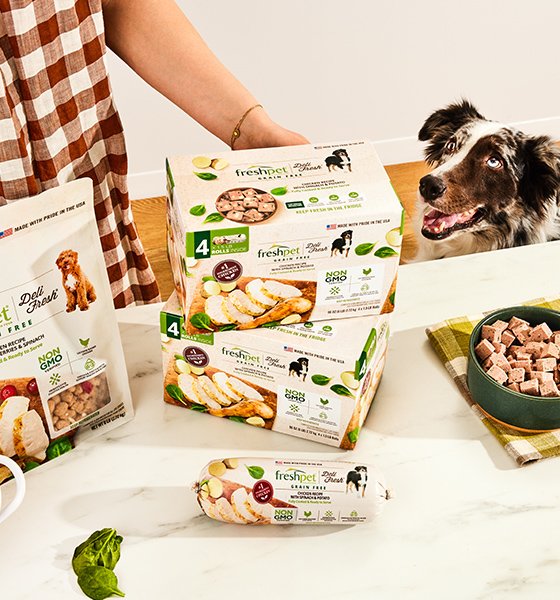popular searches

Freshpet®
Our signature recipes. Delicious meals made with fresh, high-quality ingredients.

Our company
Meet the pet-loving humans behind Freshpet.
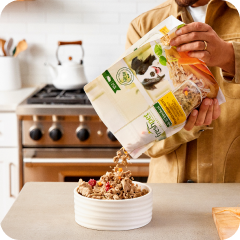
How it’s made
Every wholesome recipe starts with high quality proteins and farm-fresh fruits & vegetables.

Vital®
Intentional nutrition. Specialized recipes designed to meet your pet’s specific needs.

Our planet
We’re driven to nourish pets while protecting our planet.

Benefits
You'll see noticeable differences in your pet when switching to fresh.

Nature's Fresh®
Responsibly sourced. Leading the way in animal welfare & planet-friendly practices.

Our pledge to pets
We do everything we can to keep pets healthy and happy.

Homestyle Creations™
Home-cooked goodness. Tasty ready-to-serve meals, from our kitchens to yours.

Need help?
Contact our team of fresh food experts.
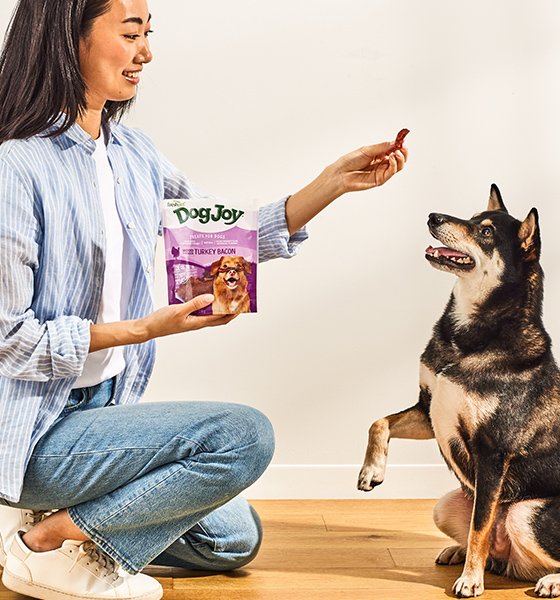
Fresh Treats
A smarter snack. Craveable protein-rich treats you can feel good about.
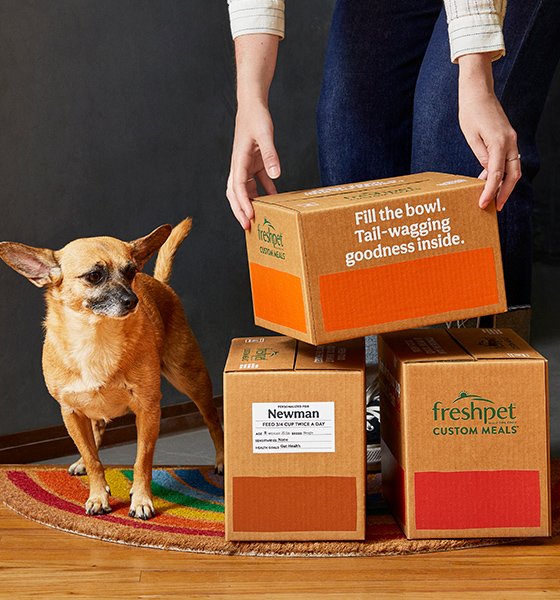
Custom Meals®
Deliciousness delivered. Meal plans customized for your pet, fresh to your door.
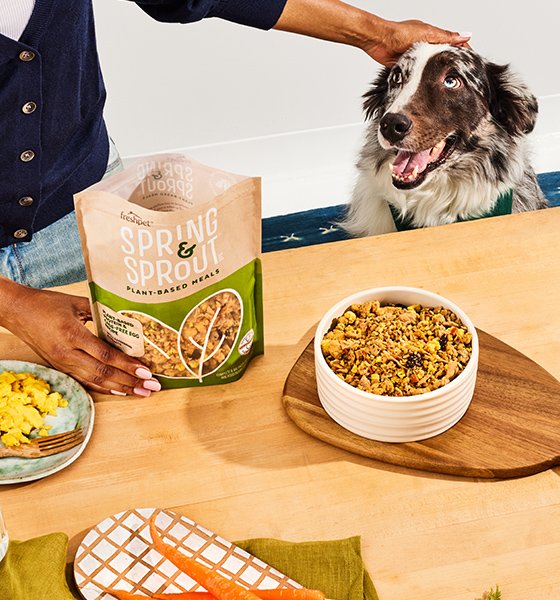
Spring & Sprout
Plant power. Delicious meat-free meals high in protein and essential nutrients.
